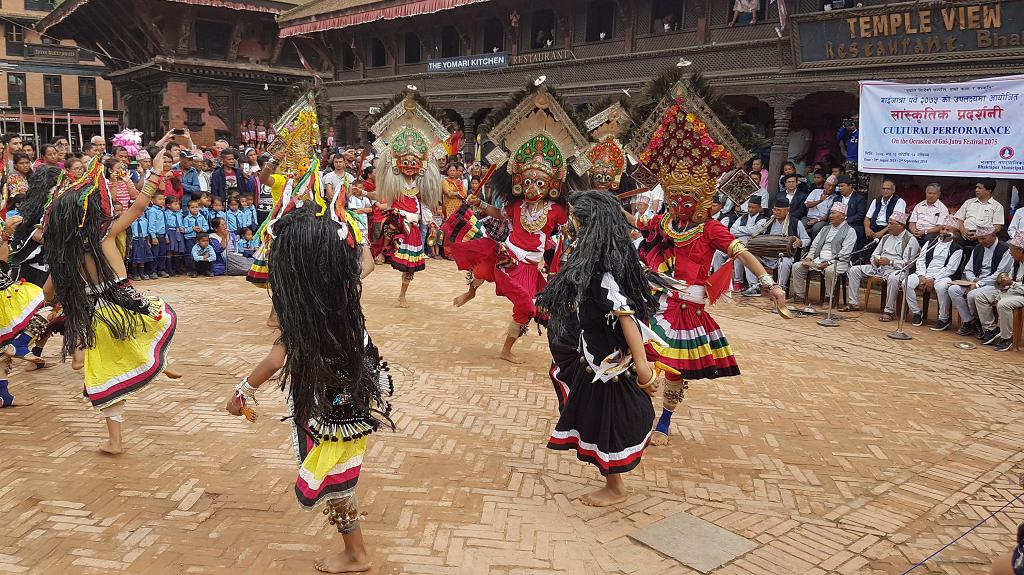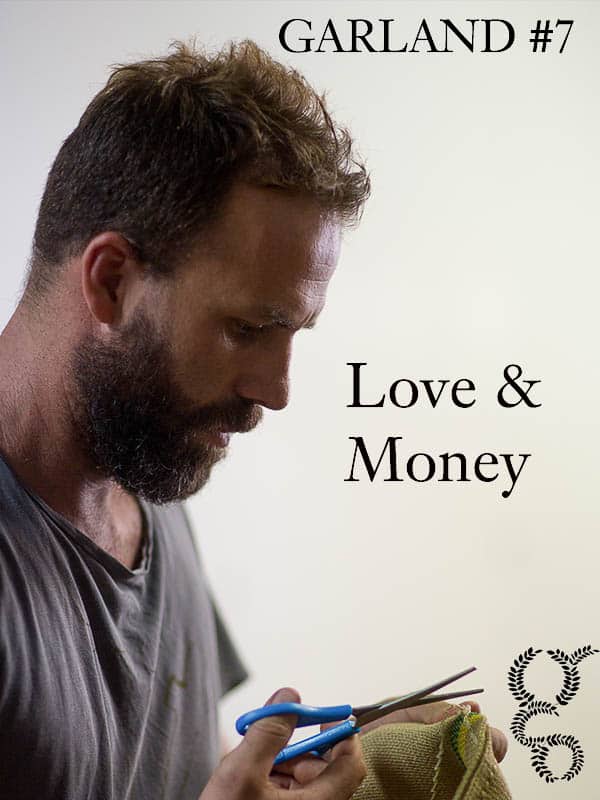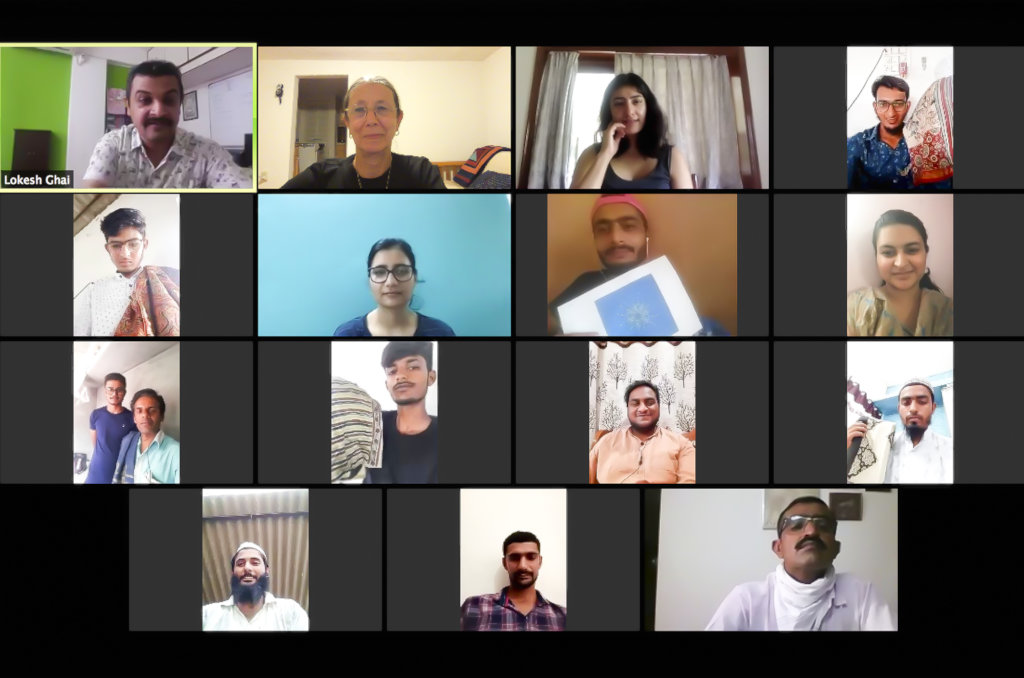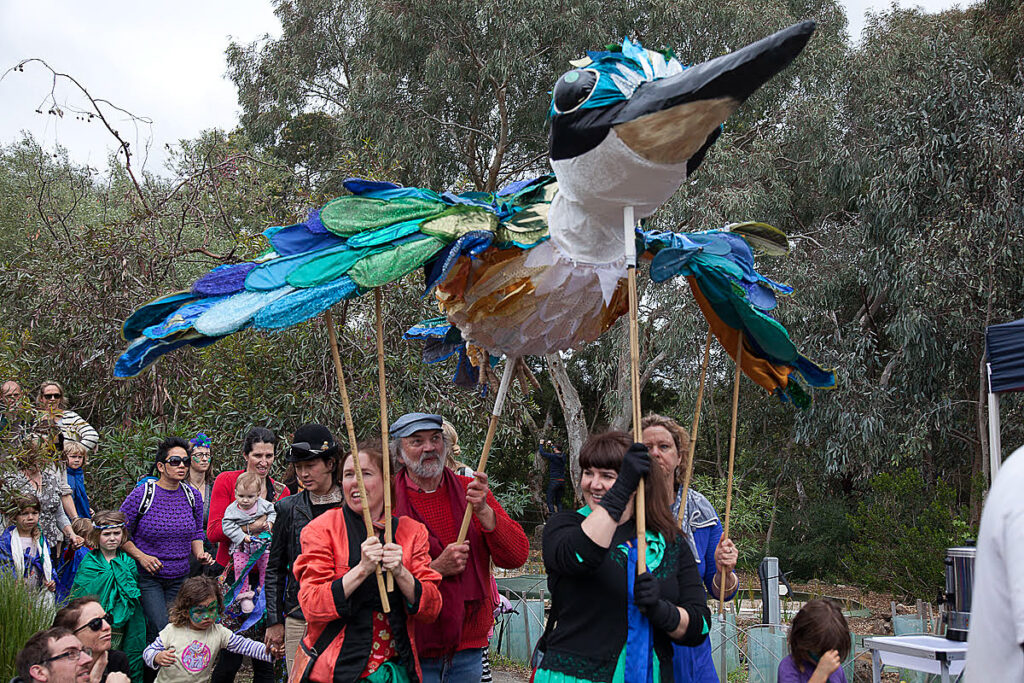
Traditional cultures are endangered by a world where money is increasingly necessary to survive. The youth are leaving Nepal, but there are glimmers of hope in the South.
Gary Wornell’s stories from Nepal are wondrous. With each issue, he provides a glimpse into a dazzling culture of colour, skill, creativity and spirituality. In the latest story about a successful bronze casting workshop, Gary reflects on the shadow cast by the exodus of young people.
The 20-35-year-olds are abandoning the land of their birth and the traditions that have been in place for millennia, for opportunities abroad. Most of the graduates relinquish their citizenship with no intention to ever return. Others, the less economically fortunate and poorly educated, leave their wives and children in their villages to work as construction labourers or hotel staff in the Middle East. Nepal’s brain drain has already had a drastic impact on the development of the country and along with the loss of skilled craftsmen and women, the country will increasingly rely on the revenues of tourism and the single immovable feature that draws millions of tourists a year: the Himalayas.
Chatting with Gary about this, he comes up with some more bleak observations:
Each time I visit the International Airport, the place is absolutely packed with families saying their goodbyes. They have now restricted admission to two family members per leaver, simply because the airport departure could not handle the volume (often 10 or more family members per leaver). I’m in fear that Nepal will become a Himalayan Disneyland where tourism is the only source of revenue and the country’s heritage will be digitally marketed to death.
The figures are staggering. In the first half of last year, 82,000 students left Nepal to study abroad. In the first half of this year, Nepalis spent $3.3 billion on overseas education. Nearly a million Nepalis left for study or work in 2021-22. Students claim that in Nepal they have poor education, corruption, few job opportunities and arranged marriages. In return, Nepal receives $10 billion in remittances each year.
During a brief visit to Kathmandu in 2018, I was blown away by the Gai Jatra festival of the dead that I strayed upon in the neighbourhood of Bhaktapur. Pairs of schoolchildren snaked through the town jousting with sticks before a spectacular display of dancing demons. How could anyone leave this enchanted place?
Today in my inner-Melbourne suburb, I go around the corner and find several new Nepalese restaurants, filled with young students eating, cooking and serving. How could young Nepalese leave behind their rich culture for the bland life of Western suburbs?
Whereas previously traditional artisans would have been embedded in a community, the modern world depends on increasing amounts of money. Before, it was enough to have a landline telephone that rarely needed replacing, now expensive mobile phones need upgrades and plans. Writing with a pen and paper has been replaced by software that is paid by subscription. Professional therapists provide advice previously given by friends. And across the world financialisation has jacked up the price of housing. It’s expensive to be alive in the 21st century. Prices are not only going up, but we also now pay for things that were previously free.
Our Indian colleague, LOkesh Ghai has an interesting take based on his lived experience with village artisans. LOkesh describes a “new system” that demands security. “Breaking stone on the road is a more secure means of livelihood in remote places and brings in more income.” According to LOkesh, the vibrant craft region of Kutch previously operated on a barter system. Now that money is dominant, many are forced to take any work that pays the bills. Even craft development schemes to improve livelihood often lead to large handmade “factories” where labour is anonymous.
The answer for LOkesh is to create “fair platforms and opportunities in the new system”. He champions the Somaiya Kala Vidya artisan academy set up by Judy Frater. This offers artisans an opportunity to sell their work in a way that retains their individual and collective identity. Among new pathways, we could also include the thinker-maker model, which involves a hybrid practice of maker-educator-writer-consultant.
Among Kuchis themselves, the textile entrepreneur Yuddhavirsinh Jadeja is positive about the interest of young people in his community in maintaining the family tradition. He is keen to set up a Youth Chapter of the World Craft Council that will create platforms specifically to promote work by future masters. They must have a voice. “Be open-hearted and give them the freedom to do it. Don’t stop them speaking out.”
There’s a future we our capacity for authentic culture will be critical. In the Great Simplification scenario, our economic and environmental debt will reach a system crash, necessitating a radical scaling back of our consumption. The complex web of today’s abstract financial system will collapse like a pack of cards. This is the circumstance where tangible handmade products have a much greater relative value.
We can do it. Tyson Yunkaporta’s new book Right Story Wrong Story includes the inspiring tale of the Kingfisher Festival from my neck of the woods on Wurundjeri land. Local settlers reclaimed land by a creek which had become a rubbish dump. Elders became involved and shared the dreaming story of the kingfisher bird that once inhabited the place. On the return of the kingfisher to this restored land, a festival was created, as featured in Ilka White’s Heron Story.
Though rare, the story of the Kingfisher Festival shows that something meaningful can emerge in a capitalist world independently of money. The stories in Garland help keep this possibility alive. You are welcome to share yours.
✿
For more stories of love in a world of money, see our issue #7

On the Other Hand is an exclusive article for Garland Circle members.



